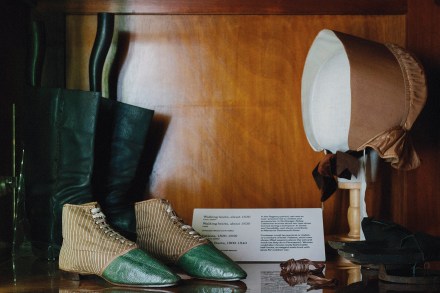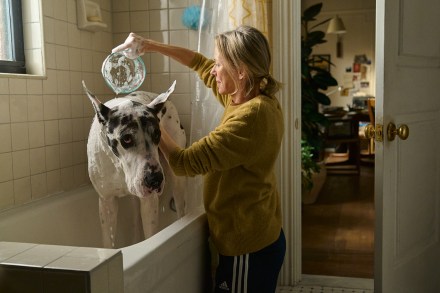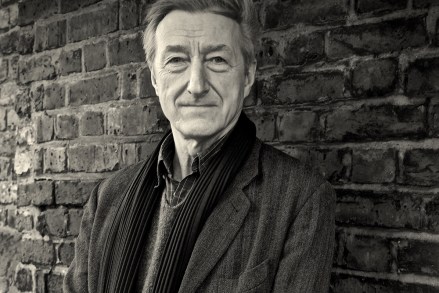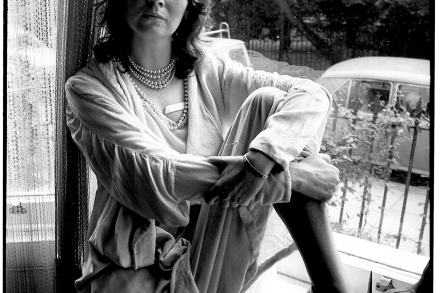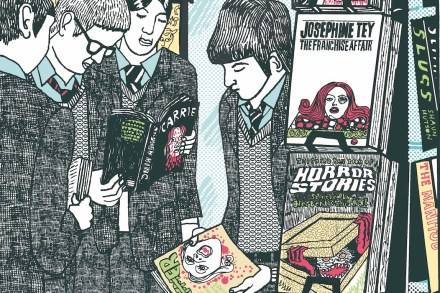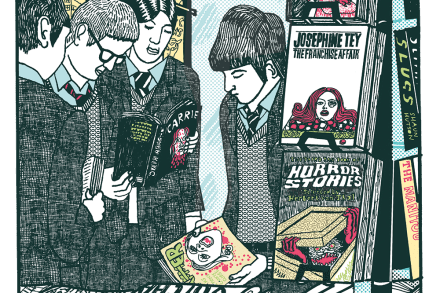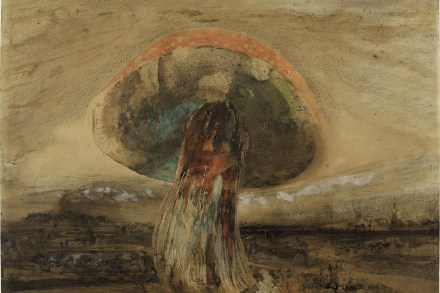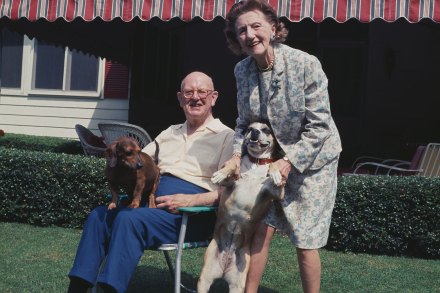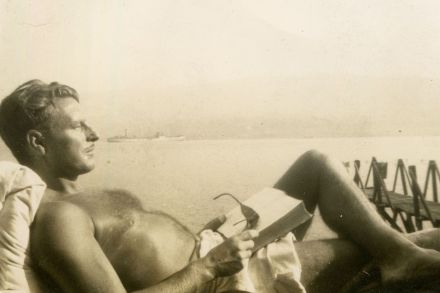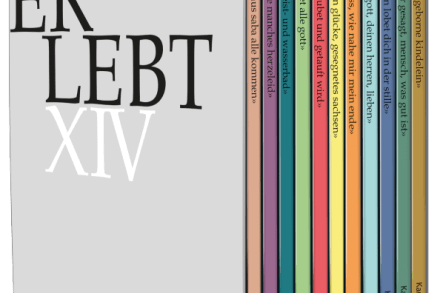Letters: Why we need libraries
NHS origins Sir: Your leading article ‘Wes or bust’ (5 July) credited Labour with founding the NHS. In fact, the NHS was founded during the second world war by the Labour, Liberal and Conservative coalition. The speech with the famous line ‘free at the point of use’ was in fact made by Winston Churchill. He made it because he was PM and it was his job. For Labour to claim to be the initiator is somewhat disingenuous. Edward Hirst Aston, Sheffield All aboard Sir: Michael Gove is quite right (‘Tracks of my tears’, 5 July): the retirement of the royal train is sad news for those of us who like






